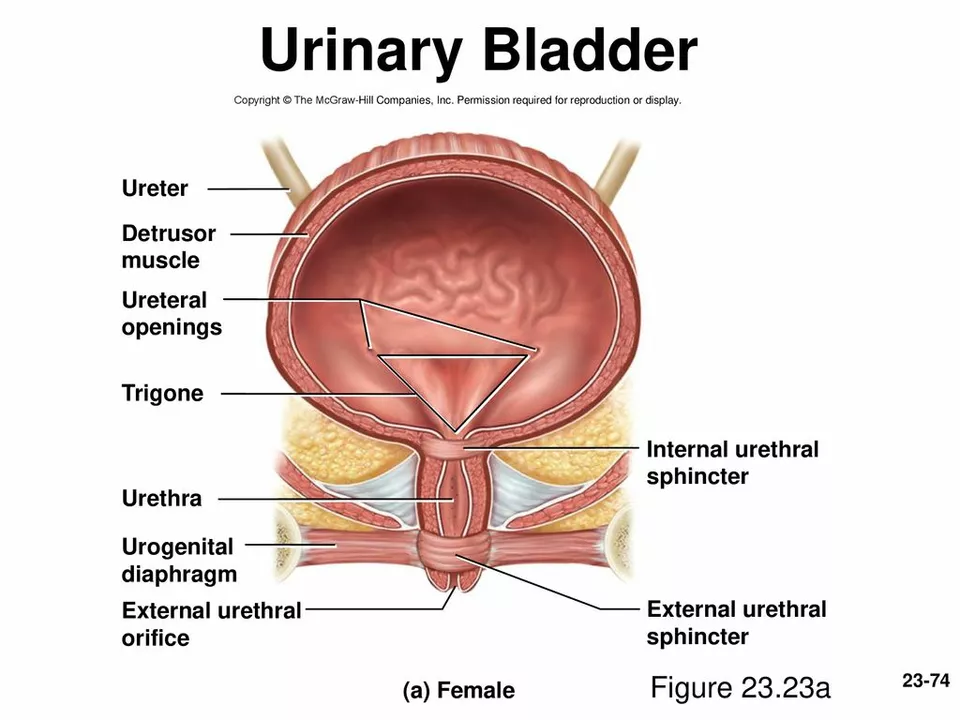Understanding Dehydration: What You Need to Know
Dehydration happens when your body loses more fluids than it takes in. It might sound basic, but even mild dehydration can throw off your mood, concentration, and energy levels. You don't have to be in the desert or running a marathon to get dehydrated—sometimes simple things like skipping drinks during a busy day or sweating more than usual can lead to it.
Common signs include feeling thirsty, dry mouth, headache, dizziness, and dark yellow urine. If you start feeling dizzy or have trouble concentrating, it's a good idea to drink water right away. Severe dehydration can be serious and might need medical attention, but most cases can be handled with simple hydration strategies.
Common Causes of Dehydration
Why does dehydration happen so often? The main reasons include sweating a lot—whether from hot weather or exercise—vomiting or diarrhea, and even illness with a fever. Not drinking enough water during these times makes it worse. Older adults and kids are especially at risk because they might not notice thirst until it’s too late.
Sometimes medications like diuretics or illnesses like diabetes can make dehydration sneaky, causing you to lose fluids without feeling thirsty. It’s important to pay attention to your body signals to avoid problems.
Simple Ways to Stay Hydrated
Drinking water regularly is the easiest fix. Instead of waiting until you’re thirsty, try sipping water throughout the day. Carry a water bottle with you—it’s a simple trick that works wonders. Eating fruits and vegetables with high water content, like cucumbers and watermelon, can also help keep hydration levels up.
If you’re exercising or out in the heat, sports drinks can replace lost minerals, but for everyday hydration, plain water is the best bet. Watch out for caffeine and alcohol since they can make you pee more and lose fluids.
Pay attention to your body. Feeling thirsty or tired? Drink some water. Keeping fluids balanced is a small habit that has a big impact on how you feel every day.
